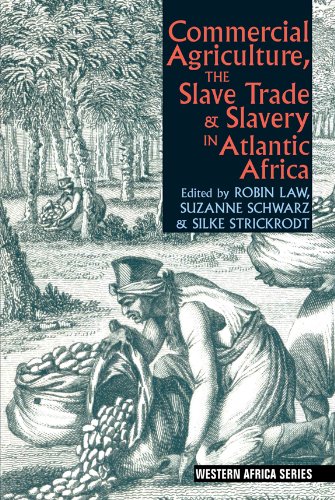Commercial Agriculture, the Slave Trade and Slavery in Atlantic Africa
- - +
- 作 者:Robin Law
- 出 版 社:James Currey
- 出版时间:
- I S B N:9781847010759
- 页 数:270
- 所 属 分 类: 世界各国经济概况、经济史、经济地理
- 供 货 周 期: 6
- 版 次:
- 字 数:
- 开 本:
编辑推荐
暂无
内容推荐
This book presents a new perspective on the trans-Atlantic slave trade and slavery in Western Africa itself, through its examination of the role of commercial agriculture. The idea of promoting the export of agricultural produce from Africa first became central to European thought in the context of the campaign to end the trans-Atlantic slave trade from the late eighteenth century. The eleven essays in this book explore this issue, re-appraising the linksbetween slavery and colonialism and the rise of ''legitimate commerce'' which marked the beginnings of economic ''modernity'' in West Africa. The development of commercial agriculture in West Africa began with Danish attempts to establish plantations on the Gold Coast (Ghana) from 1788, followed by the British colony of Sierra Leone, after it was taken over by the Sierra Leone Company in 171. The slave trade itself is also seen to have stimulated commercial agriculture in West Africa, to supply provisions for slave ships in the Middle Passage, and the experience of this trade in provisions may have facilitated the development of other export crops from the nineteenth century onwards. Commercial agriculture was also linked to slavery within Africa, since slaves were widely employed there in agricultural production. Although Abolitionists expected or hoped production of export crops in Africa would bebased on free labour, in practice it often tended to promote more extensive and intensive use of slave labour, so that the institution of slavery in Africa persisted into the early colonial period. Robin Law is Emeritus Professor of African History, University of Stirling Suzanne Schwarz is Professor of History, University of Worcester Silke Strickrodt is Research Fellow in Colonial History, German Historical Institute London.
作者介绍
暂无



